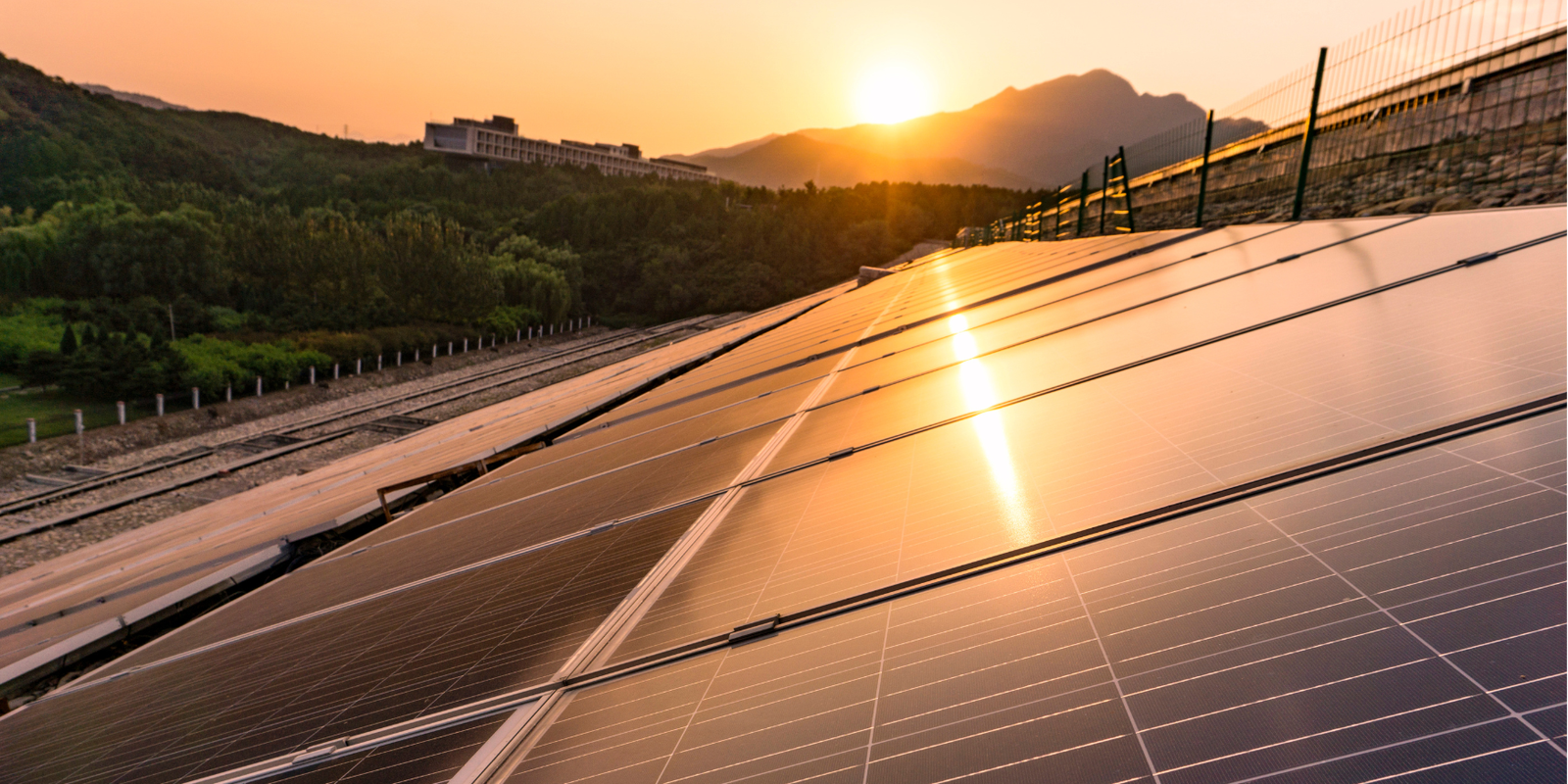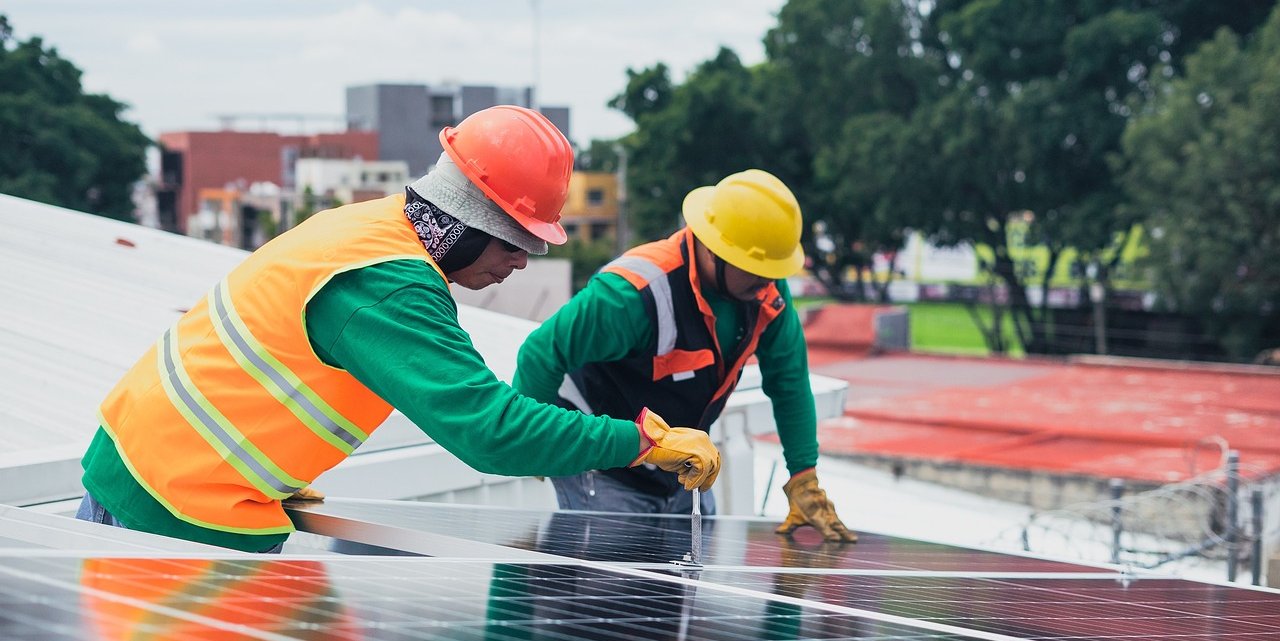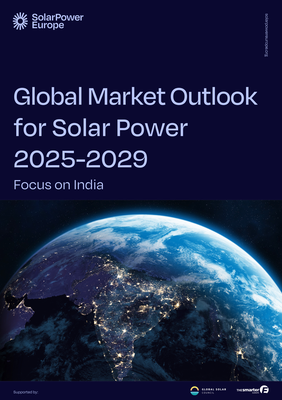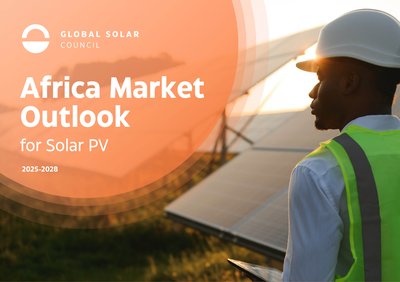GSC News
Catch-up on the latest GSC activities and trends in solar
-
06 May 2025
Press Release
Global Market Outlook for Solar Power 2025-2029: Focus on India
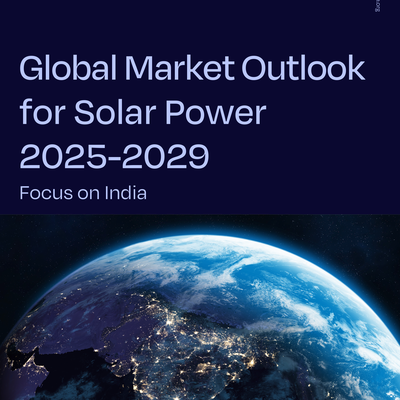
-
05 May 2025
Press Release
Global Solar Council Celebrates 10 Years of Solar Progress

-
30 Apr 2025
GSC News
GSC Update on Spain and Portugal Power Outage

-
11 Mar 2025
Press Release
Global Solar Council: Africa's Solar Market set to surge 42% in 2025 - But Finance Bottlenecks Threaten Growth

-
24 Jan 2025
GSC News
Meet the GSC - Naomi Kelechi Di Meo

-
17 Jan 2025
GSC News
Meet the GSC - Anjali Lathigara

GSC Publications and Resources
Learn more about our work and the global solar sector
GSC Events
Meet us at global events around the world
- 25 – 26 Jun 2025
- Valencia, Spain
- 01 – 02 Jul 2025
- London, UK
- 26 – 28 Aug 2025
- São Paolo, Brazil

Join GSC at
Solar & Storage Live España

Join GSC at
UK Solar Summit 2025

![Global Solar Council [logo]](/static/images/gsc-logo-horizontal.svg)

